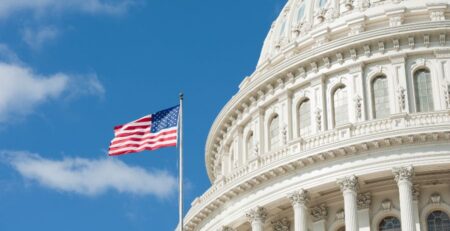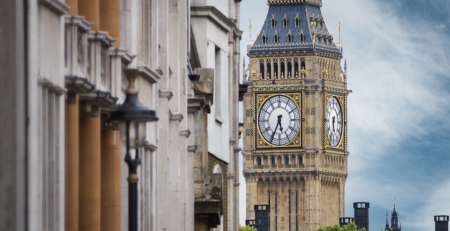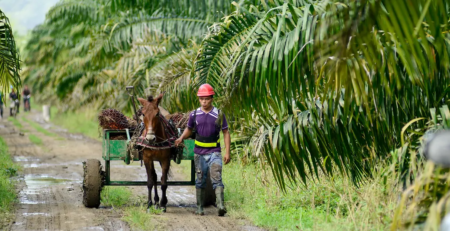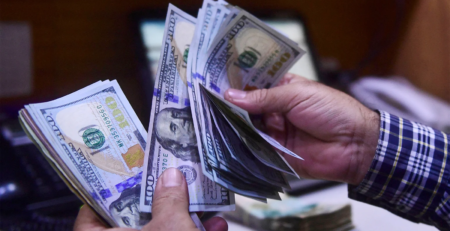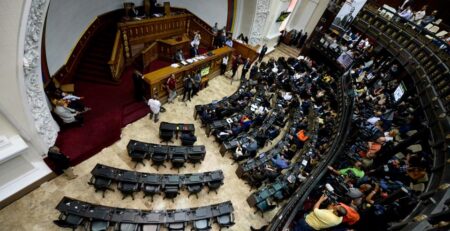After Private Pensions, Peru’s Congress Turns to Public Funds for COVID-19 Relief
Peru’s Congress approved a law on Tuesday that allows citizens to partially draw down their contributions to the state pension fund, a few months after doing the same with the private system and despite fierce opposition from the government.
Read also What The Pandemic Has Revealed About Retirement Plans
With 106 votes in favor, three against and 15 abstentions, the fractured, opposition-dominated chamber gave the go-ahead for Social Security Office (ONP) affiliates to withdraw up to $4,300 ($1,200) to mitigate the financial impact of the coronavirus pandemic.
Read also Philippines. Dominguez pushes for reforms in corporate pension system
The law will now pass to President Martin Vizcarra to enact or revise, but government has already warned it will appeal to the country`s constitutional court to tear it up. Presidency sources say the measure could cost the government coffers up to 13.280 billion soles ($3.7 billion dollars), at a time when the copper-producing nation is facing its worst economic decline in a century.
Thanks for reading The Times. Subscribe to The Times Peru’s congress approved a law to withdraw up to 25% of private pension funds in April, an initiative that the government also opposed amid warnings it would skew the economy and push up borrowing costs.
Peru’s private system was obligatory for all citizens when it was introduced in 1992, but more recently, Peruvians have been given the choice between joining a state-run pensions system or the private system.
At present, the former has 7 million affiliates while the latter has 4.7 million. Confirmed cases of the novel coronavirus reached 600,043 in Peru on Monday. The country has the second highest number of infections in Latin America, after Brazil, and official data shows the number of deceased at 27,813.
Read more @NY Times

